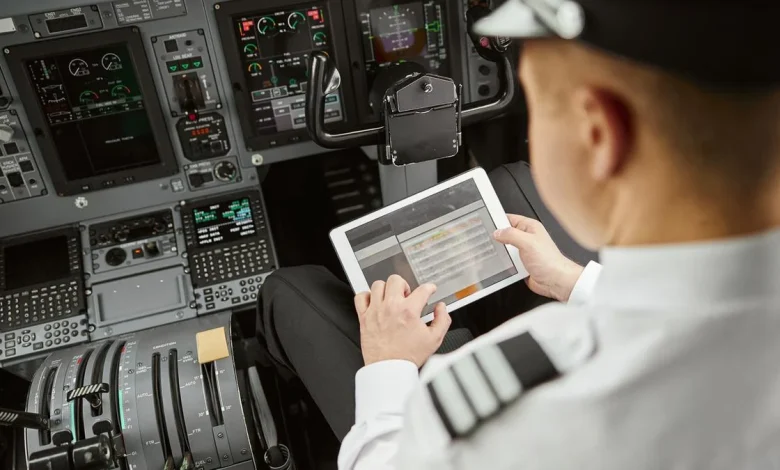Airlines report ‘severe’ GPS spoofing over Delhi for 7 days

The crew can identify spoofing events from inconsistent or conflicting data displayed across their instruments.
| Photo Credit: Getty Images/iStockphoto
Aircraft flying over Delhi have been experiencing “severe” GPS spoofing over the past week, causing false navigation data such as incorrect aircraft positions and misleading terrain warnings, according to pilots and air traffic control sources.
“The Directorate General of Civil Aviation (DGCA) is seized of the matter,” a top government official said, adding that they were enquiring into the incidents. A meeting on the matter was held between the Secretary at Ministry of Civil Aviation, S K Sinha, and Director General at DGCA, Faiz Kidwai on Thursday evening.
Such occurences have been reported within a 60‑nautical‑mile radius of Delhi over the past week, according to an air traffic controller. Another ATC official said the disruptions often required manual intervention, with controllers providing direct navigation guidance to cockpit crew.
A pilot with a leading airline said he had encountered GPS spoofing on all six days he operated flights last week. During one approach to Delhi airport, his cockpit systems even issued a false terrain warning, suggesting obstacles ahead where none existed. Others encountered a similar warning while taking off from the airport. This has also caused flight delays at the busy airport.
The above sources explained that while it was common to experience GPS spoofing over India’s border with Pakistan, such incidents over Delhi were unusual. There was neither any advisory alerting pilots and ATCOs to military exercise in the vicinity of Delhi requiring them to exercise caution.
What is spoofing?
Spoofing is a type of cyberattack that transmits false GPS signals to mislead navigation systems.
Global airlines body, International Air Transport Association (IATA), and United Nation’s aviation safety watchdog, International Civil Aviation Organisation (ICAO) have warned that these disruptions pose a significant and growing threat to aviation safety.
In December 2024, an Embraer 190 operating an Azerbaijan Airlines passenger flight from Baku to Grozny, Russia, was struck and severely damaged by a Russian surface-to-air missile killing 38 of 67 onboard. Russian President Vladimir Putin apologised to his Azerbaijani counterpart, Ilham Aliyev, for what he called a “tragic incident
Between 2021 and 2024, reported cases of GPS signal loss surged by 220% according to IATA’s data. Frequent hotspots include western Russia and northern Iraq. India’s borders with Pakistan and Myanmar have also emerged as the top regions vulnerable to such activity.
According to the Ministry of Civil Aviation in Parliament in March 2025, as many as 465 GPS interference and spoofing incidents were reported in the border region, mostly in the Amritsar and Jammu areas, between November 2023 and February 2025- which on an average translates into one event every day.
The government maintains that it is using best practices of ICAO and European Union Safety Agency (EASA) to respond to such incidents.
In a November 2023 advisory, the Directorate General of Civil Aviation (DGCA) directed airlines to establish standard operating procedures and submit bi‑monthly reports on GPS spoofing incidents. The global watchdog
GPS spoofing in itself doesn’t hamper the safety of an aircraft, as aircraft systems are built with several redundancies, including the Inertial Reference System that’s also used for navigation, which continue to operate safely for up to five hours even if a primary system fails. Pilots are alerted to GPS jamming and spoofing through a combination of dedicated system messages in the cockpit, the performance degradation of other integrated navigation systems, and cross-referencing with other sources of information such as Notices to Airmen (NOTAMs) and Air Traffic Control (ATC).
In June, IATA published a paper jointly with European regulator European Union Aviation Safety Agency on mitigating the risk of GPS interference calling for a four-pronged strategy which includes enhanced reporting, tight control on jamming devices and development of technical solutions for mitigation such as rapid GPS equipment recovery after signal loss, enhanced procedures for contingency and greater civil-military co-ordination.
Published – November 06, 2025 10:53 am IST





